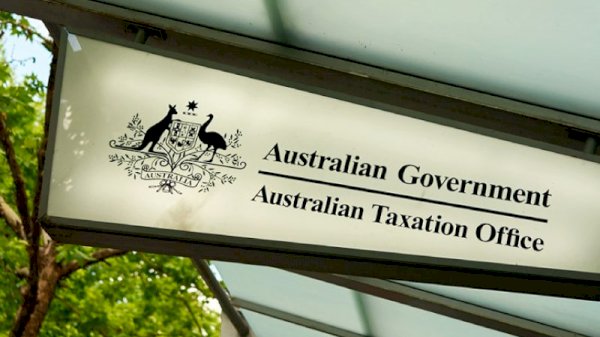Equipping professional accountants for sustainability
The International Federation of Accountants has developed a concise resource to guide accounting professionals and...
READ MORE
This week the ATO has updated its website materials on what and when SMSFs need to report in relation to events-based reporting.

The ATO stated that from 1 July 2023, all SMSFs will be required to report quarterly, even if the members total super balance is less than $1 million.
“This means you must report the event that affects the members transfer balance within 28 days after the end of the quarter in which the event occurs,” it said in the updated guidance.
“From 1 July 2023, you will no longer be able to lodge annually. We recommend you start lodging quarterly now.”
The ATO also stressed that all unreported events that occurred before 30 September 2023 must be reported by 28 October 2023.
“This means you cannot report at the same time as your SMSF annual return (SAR) for the 2022–23 income year,” the ATO explained.
The ATO first announced in late June 2022 that from 1 July 2023 transfer balance account reporting for SMSFs would become streamlined, with all SMSFs being required to report an event 28 days after the end of the quarter in which it occurred. This followed a period of consultation undertaken by the ATO back in November 2021.
Speaking to Accountants Daily sister brand SMSF Adviser back in August, ATO client engagement director Dalila Vellotti said the 1 July start date effectively provides SMSF trustees and professionals a year to prepare.
However, once that period starts, anything that’s unreported will need to be reported.
“So, it’s not a case of ‘well, I’ve got the annual concession; I can just rely on that’. You need to get all your reporting up to date so that you’re able to report quarterly from 1 July,” she warned.
The ATO is encouraging the practitioners to identify which clients will be impacted and let them know about the change.
“Get your reporting in as soon as possible. Don’t leave it [until] the last moment,” Ms Vellotti cautioned.
Shared from Accountants Daily